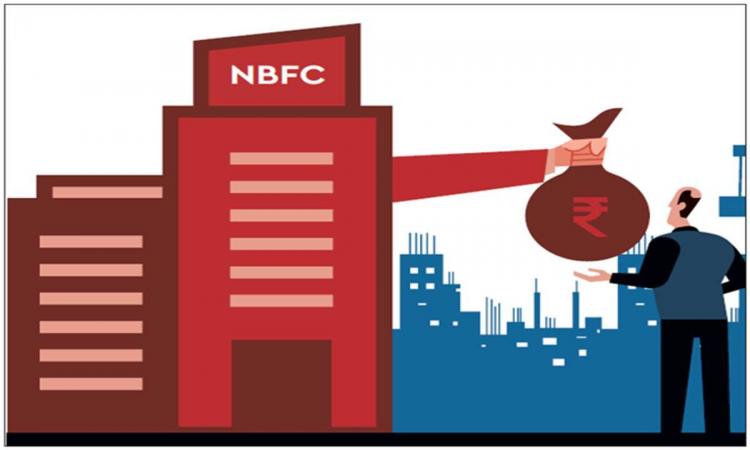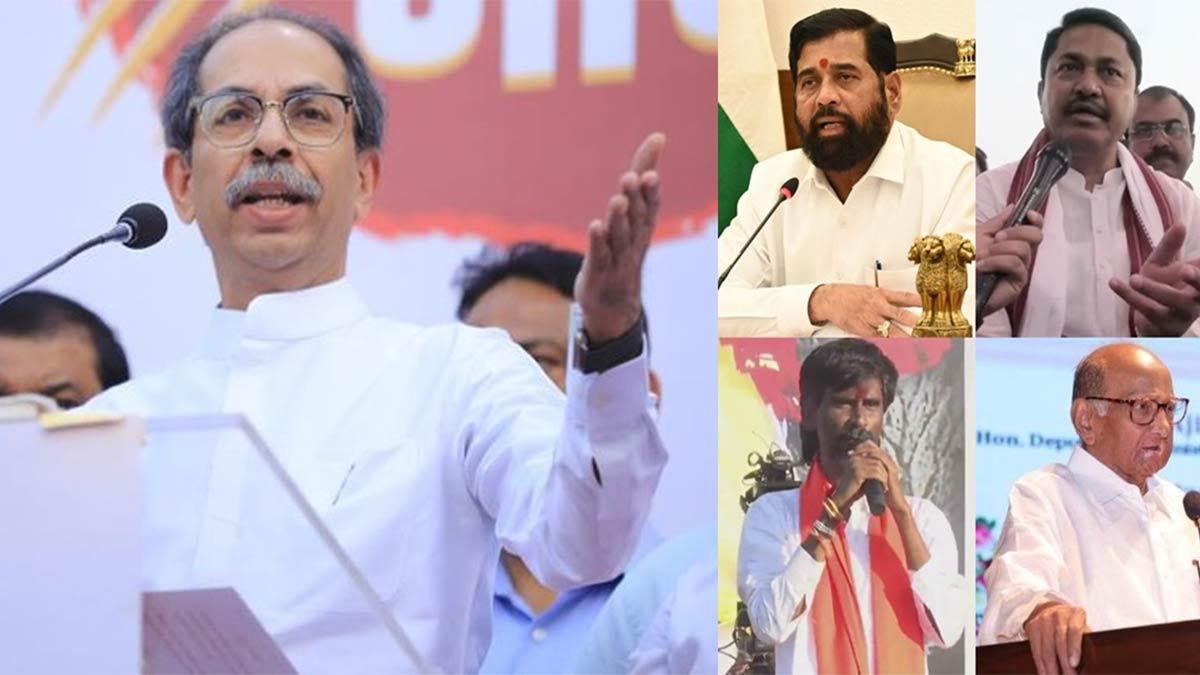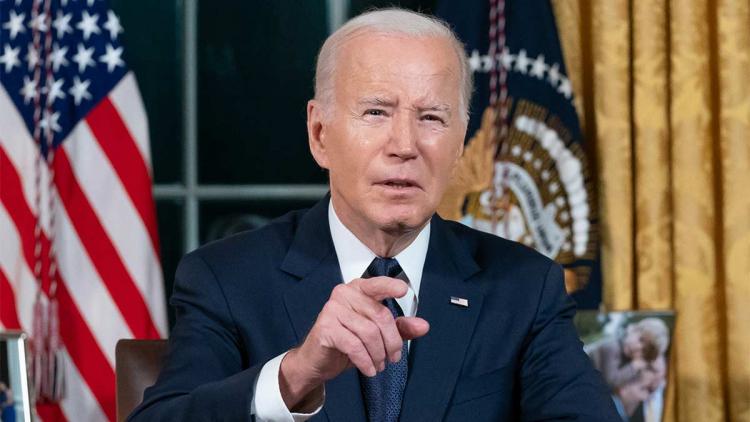Recently, according to recommendations of an internal working group of RBI released on 20th November, non-banking lenders with asset sizes of Rs. 50,000 crore might be given the permission to convert into banks, provided they've been operating for more than 10 years. As per experts, large non-bank lenders aka NBFCs stand to gain the most if the panel's proposals to allow large corporates and shadow lenders into banking services are accepted.
Now, RBI intends on considering this move with the aim to widen the availability of banking services in the country so as to benefit from the country's large unbanked population. It would also allow RBI to keep watch over some of the large shadow lenders especially after the collapse of DHFL and IL&FS.
- To explain things, NBFCs (Non-banking financial corporations) also known as shadow banks, indulge in providing banking and financial services but without a banking license and with no regulation by the central bank.
- A key non-banking financial company, IL&FS, Infrastructure Leasing and Financial Services, went bust in 2018, causing the industry to shake up and soon after in 2019, DHFL, Dewan Housing Finance Corporation Ltd., another key NBFC's stocks started plummeting which led to a crisis.
- Banks became much more cautious about lending to NBFCs leading to a liquidity crunch.
- RBI's proposal seems legitimate since the regulator can prevent any crisis situations further in the industry and also widen banking services for the population. RBI fears that failure in a systemically important lender may trigger another crisis in India's banking system.
- IDFC First bank and Bandhan Bank were granted licenses in 2014 to become full service banks and if this proposal is granted, then history could repeat itself 6 years later.
- But shadow banks would be willing to consider this move only if it provides benefits along with financial stability.
- However, some experts believe that this might not be the way to go since regulations alone may not be enough to prevent collapses. Laxmi Vilas Bank's crisis despite being heavily regulated can be cited as an example in contradiction to the proposal's recommendations.
- Another option for RBI can be to bring important NBFCs on par with banks in terms of regulations and RBI deputy governor, M Rajeshwar Rao also hinted in this direction a while earlier.
- RBI might be looking to bring large NBFCs under stricter regulations while also providing access to deposits and other benefits enjoyed by banks.


















